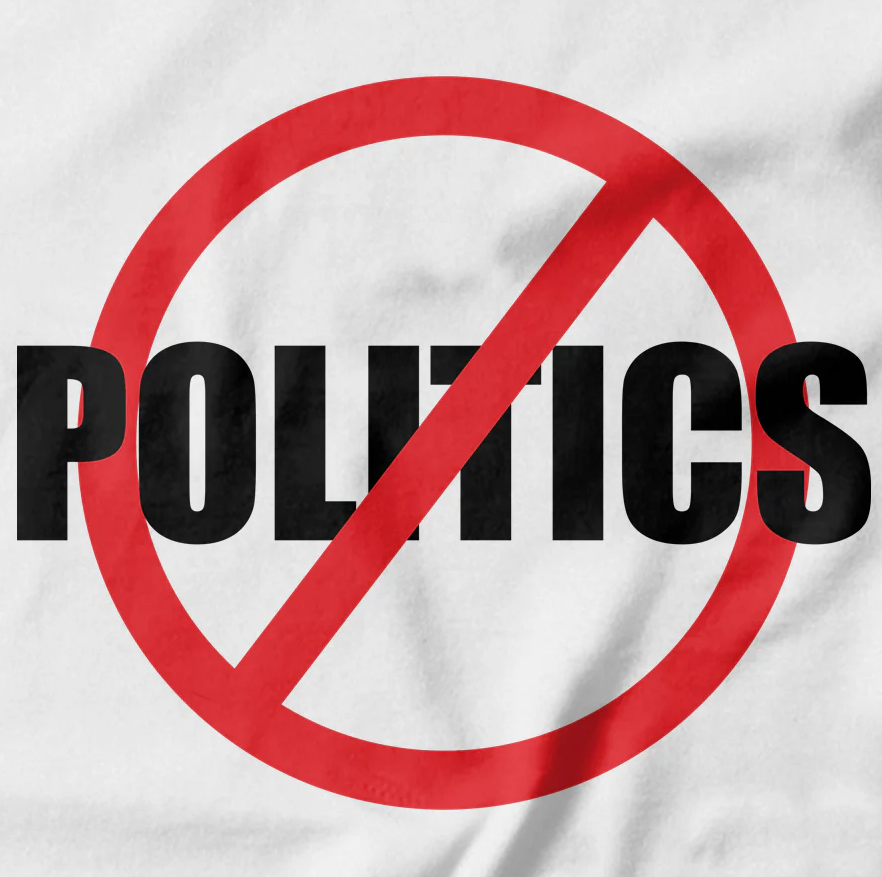
WE’VE heard it all before. Survey results indicating that many, if not most, Americans do not know who their state governor, their state legislator or member of Congress is. In the U.S., moreover, voter turnout has been consistently low compared to other democracies.
We are told that these trends are cause for concern.
I used to think they were, but not anymore.
I now find it enviable to live in a country where life goes on regardless of whether you know who your elected officials are or whether you vote or not. Through all these years, despite the seeming indifference to politics of most Americans, the U.S. has remained the world’s most important nation while offering abundant opportunities to its citizens, thanks to a dynamic and ever-growing economy.
The CNMI is part of the U.S., but unlike many other small jurisdictions in the States, government here is a behemoth. And where government goes, politics must follow, as the Wall Street Journal columnist Joseph C. Sternberg would put it. “The more intrusive the public sector,” he added, “the more vicious the politics.”
Why do we want to be consumed by politics in the first place? Politicians everywhere and throughout history have assured us they know how to fix things, yet many of those things remain broken or have gotten worse.
In the CNMI’s case, since it was established in 1978, the main if not the only political question that politicians have been trying to answer is this: how can the government pay for all the things that voters insist they deserve? High-paying (preferably government) jobs. Job security. Affordable consumer goods. Affordable and always available healthcare. Free education. Various college scholarships and training programs. Affordable and reliable utility services. Affordable housing in villages that have the necessary infrastructure: paved roads, power and water lines, sewer system, affordable if not free garbage disposal services. Free repairs of private roads. Fast responding, professional and competent police officers. A generous pension system. Low tax rates. Among many other things.
Not a lot of us want to ask the question: Who’ll pay for all that good stuff?
Politics has no good answers. It’s preferred “solution,” however, is widely popular among most voters: “If enough of you want to take money from somebody else to give to yourself, you can do it. All you have to do is vote for those politicians who say we will do it.” (That’s a quote from Bob Chitester, the producer of Milton Friedman’s TV series “Free to Choose.”)
The problem with that “solution,” however, is that eventually, politicians will run out of other people’s money.
“Politics,” says writer and editor Joseph Epstein, “has made me stupid more than once during my life. Happiness is often cited as the end of politics, but politics hasn’t brought all that much happiness into the world. The more intensely political the time, the less happiness seems available.”
You know what can actually solve or at least mitigate many of society’s problems? Economic growth. Whenever the economy grows, more taxes can be collected, and there will be more funding for public health, medical referrals, utilities, public education, workforce training, scholarships, public safety, public works, etc.
The politicians’ main goal, clearly, should be to create the conditions for economic growth, and then to sustain it. That would improve a lot of things — while creating new problems, of course. But as long as the economy is thriving, the government will continue to have resources to tackle problems old and new.
It is crucial, in any case, for someone seeking political office to have more than a passing acquaintance with basic economics — or at least is willing to consult and listen to those who do.
Another crazy thing about politics though is that those who are so eager to throw public funds at everything they consider a “problem” are the ones either unwilling to know more about economics or prefer a cartoon version of it. Their go-to “strategy” is to cut open the goose that lays the golden eggs. (When I was in kindergarten, I thought that fable was the stupidest thing I had ever heard. And then I became a political reporter.)
Every now and then, a bright and promising student considering a career in politics will ask me what I’ve learned after so many years of covering and writing about it. My answer is: learn economics from someone like Thomas Sowell or Milton Friedman. Then come back and tell me if you’re still interested in politics.
I think the best advice on dealing with politics came from another economist, Joakim Book: Politics, he said, “best belongs in the closet — rebranded and brought out for the specific occasion. Or perhaps the bedroom, with those you most trust, love, and respect. Not in public, not with strangers, not with friends, and most certainly not with other people in your community. Purge it from your being as much as you possibly could, and refuse to let political issues invade the areas of our lives that we cherish; politics and political disagreements don’t belong there, and our lives are too important to let them be ruled by (mostly contrived) political disagreements.”
Send feedback to editor@mvariety.com











